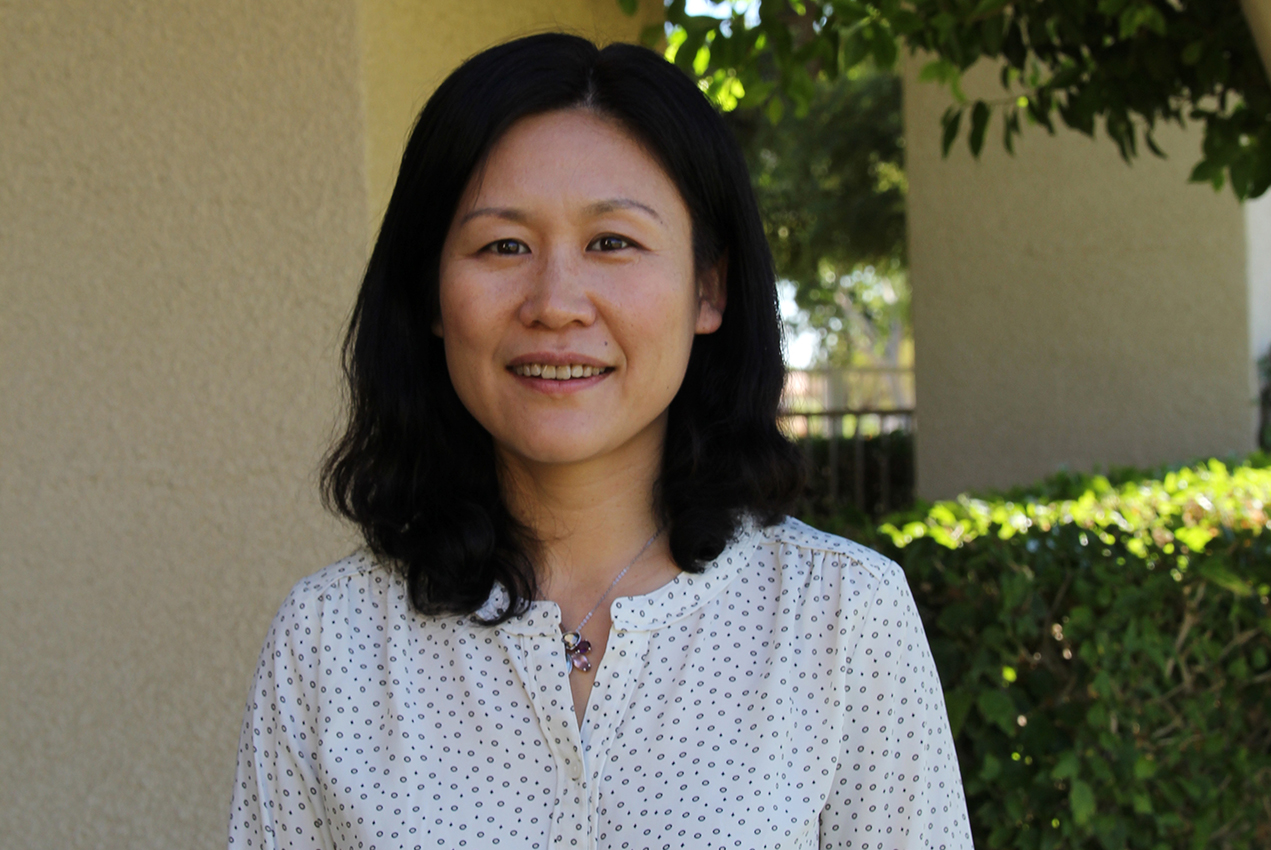Most breast cancer cells won’t kill a person. It is the rare cell that can survive the perilous journey through the bloodstream and seed the metastatic lesions responsible for the vast majority of breast cancer-related deaths. And although these rare cancer cells are difficult to find and even harder to study in the lab, they have served as the main conduit of discovery for USC Stem Cell scientist Min Yu, PhD.
For her innovative work with these rare, circulating tumor cells, Yu has received the Era of Hope Scholar Award from the U.S. Department of Defense. This $4.95 million award supports gifted early-career scientists making extraordinary contributions in the fight against breast cancer. The award recognizes creative, visionary, productive and collaborative leaders, who look beyond conventional thinking and challenge dogma.
“This grant is very different from others, because they focus on funding people more than projects. It is an extreme honor to know that they are investing in me as an early-career scientist, and to receive this flexible support for my big-picture research vision of understanding and treating cancer metastasis,” said Yu, who is a Richard N. Merkin Assistant Professor of stem cell biology and regenerative medicine at USC.
Richard N. Merkin, MD, added: “I have been proud to support Dr. Yu’s work. Dr. Yu is applying cutting-edge tools and novel solutions that will improve breast cancer patients’ course of treatments and outcomes.”
During her postdoctoral training, Yu made significant contributions to overcoming the challenges involved in studying, isolating and cultivating circulating tumor cells, or CTCs. The Yu Lab partners with oncologists at USC Norris Comprehensive Cancer Center who draw blood from patients with breast cancer, then she isolates rare CTCs to further investigate them in the laboratory.
By studying these cells from patients with breast cancer, the Yu Lab has discovered that certain CTCs have a propensity to metastasize to particular organs. Yu’s team has identified specific genetic activity that drives brain metastasis, as well as other organ metastases. These drivers could potentially serve as “biomarkers” to inform both diagnosis and treatment.
Supported by a team of collaborative experts in various fields across institutions, the Yu Lab continues to search for additional properties underlying the CTCs most likely to initiate metastasis. For instance, to survive the journey through the circulatory system, some CTCs are less stiff and more flexible, enabling them to bend rather than break when passing through narrow, branching blood vessels. In response to low oxygen levels deep within a tumor, some CTCs become more aggressive, enabling them to better survive the journey through the blood stream and seed metastasis. And in the hostile environment of a foreign organ, some CTCs alter their cellular metabolism to produce the energy needed to thrive and proliferate, while others remain dormant.
“It’s absolutely critical to learn as much as possible about the most aggressive CTCs that seed the metastatic tumors that ultimately kill patients,” said Yu, who is a member of the Eli and Edythe Broad Center for Regenerative Medicine and Stem Cell Research at USC, as well as the USC Norris Comprehensive Cancer Center. “We need to be able to identify these cells — and their weaknesses — in order to advance the diagnosis, monitoring and effective treatment of breast cancer. With the support from the Era of Hope Scholar Award, I look forward to continuing this important work with creativity, passion and vision as a member of the multidisciplinary research community at USC.”
— Cristy Lytal


